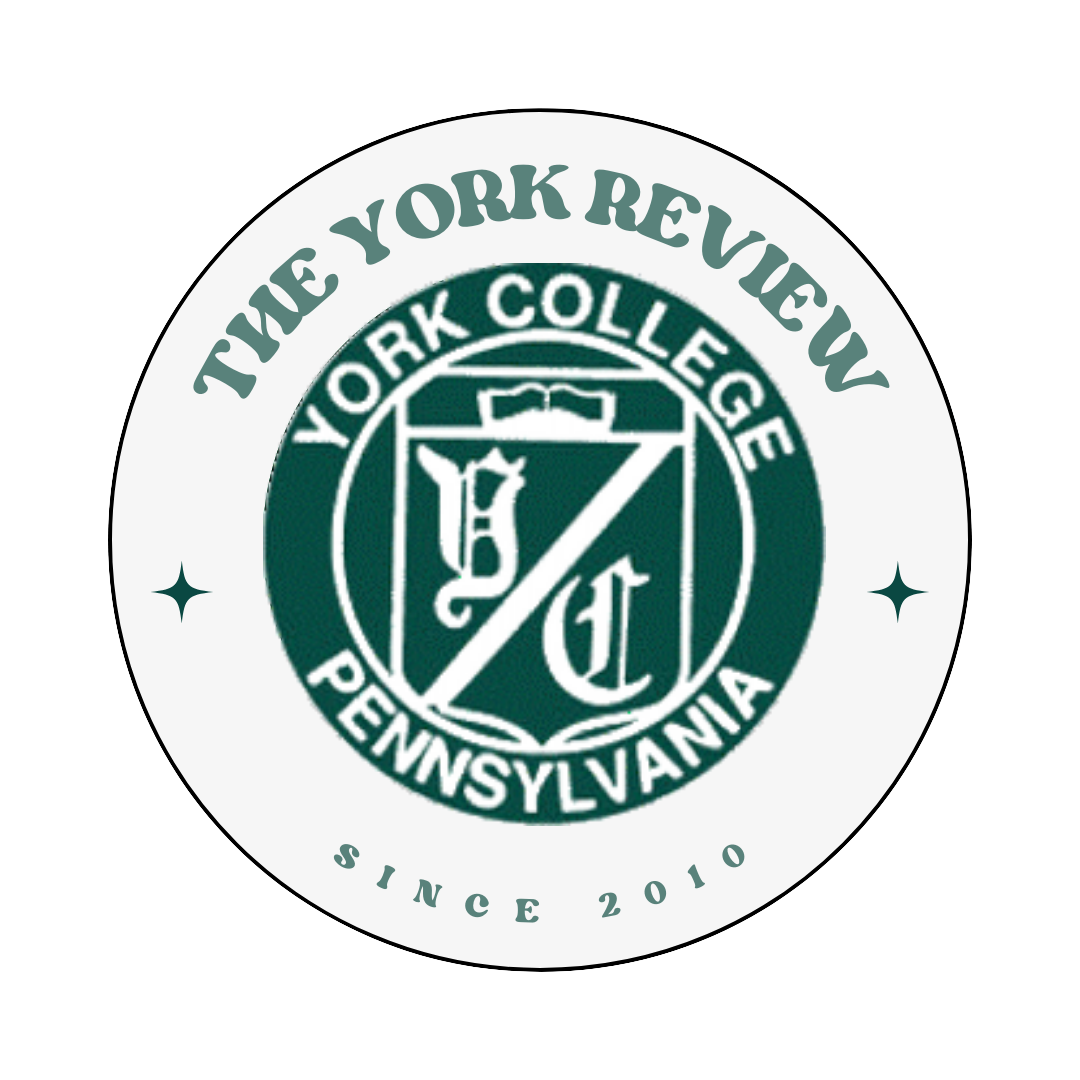We Live in a Feminist Dystopia.
What constitutes the world ending? What constitutes the world as we know it becoming a dystopia? I think the answers to these questions are relative to the kind of person that you are; for example, I’m sure the world would seem to be ending to a Trump supporter if Bernie Sanders were elected President of the United States, while many others would see this possibility as a near utopia. But why do we enjoy thinking about the possibility of the end of the world? What do we gain from it? Why do our minds long to see a world that is worse than our own? Well, for me, I can tell you that I’m not the biggest fan of general dystopian novels; I think they’re extremely male-centric and focus a lot on lazy romance side plots and the true plots often get muddled. I am, however, a huge fan of feminist dystopian literature; and of course, you’ve guessed it, Make-America-Great-Again Hat Wearers, I am a self proclaimed feminist.
So why would a feminist enjoy reading about the worst possible outcomes for woman-kind? Probably because (and I’m just spit-balling here) a lot of it can compare to what is actually happening to us. I can’t speak for all dystopian fiction when I say this, but feminist dysotopian novels most of the time are written based off of what the authors can see happening outside their windows right here, right now. Then they sit down and they think, what is plausible to happen because of the legislation of women needing their husbands to sign off on them having their tubes tied https://theseymourowl.com/4250/showcase/women-need-a-mans-permission/ ? And suddenly you have a novel like Red Clocks. Red Clocks is a feminist dystopian novel that is difficult for many readers to describe as dystopian as it mirrors what our society looks like already so well, except abortion and in-vitro fertilization are both made illegal under the “Personhood Amendment,” which is exactly what it sounds like, caring more about the “personhood” of a fetus than the “personhood” of the woman. Additionally, the author of the novel, Leni Zumas, adds difficulty for women in that if a woman that is suspected to be pregnant or simply wants to seek the use of in-vitro attempts to cross the border into Canada to receive these services, they are to be sent back.
Getty Images Inc., gettyimages.com
I don’t know about you but I think it’s much more plausible for abortion and in-vitro to be made illegal (especially under this administration) than for me to be put into some weird, experimental box, maze thing (aka The Maze Runner, I only saw two of the movies, if you can’t tell). The ounce of realism that is written into feminist dystopian novels is what keeps readers reading and thinking; what other laws could be put in place to police our bodies? What other rights could be taken away from us? What rights do I need to be focused on in the next election and the elections to come? I think the best novels make you think and feminsit dystopian novels keep me thinking, especially The Handmaid’s Tale. I read The Handmaid’s Tale after having watched the show and was very interested to see where the book had left off and where the show had just continued on with the story line. As a huge fan of the show, I think it takes the genre of feminist dystopia to a whole other level, however, there are pockets of realism within it consistently. I feel as if the perfect example may actually be the most extreme part of the book/show, which are the Handmaids themselves. Everyone within the new dystopia of Gilead has their role: men are at the top of the food chain, if you’re the wife of a commander, congratulations you’ve won the lottery and you don’t get forced into a life of servitude! The rest, however…if you’re not fertile anymore, you’re a Martha: a maid; if you’re fertile, you’re a Handmaid. All of this was created because it was, apparently, “God’s will.” I think this is one of the most realistic parts of the book because of how often government officials try and use their religion to justify their stance on something when we are supposedly a country that is separated between Church and State, and yet there Gilead was, former America turned feminist dystopian nightmare.
Feminist dystopian literature is a genre that is incredibly unique in how and why it was seemingly created and popularized. I hope that it continues to be even more popular because anything that allows for more people to be thinking about the issues that might not affect them, the better.
